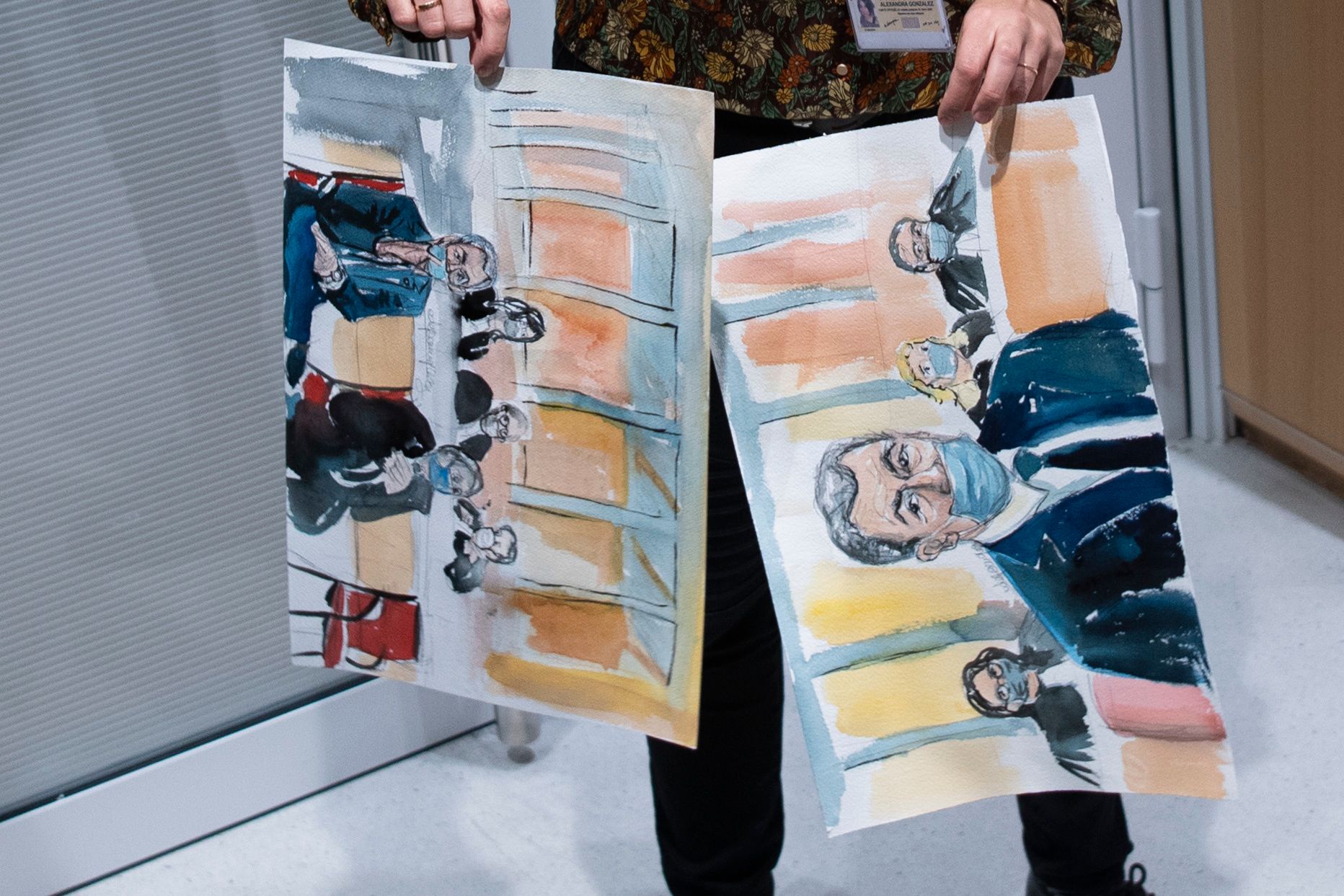Hard Numbers: France's Sarkozy in the dock, more COVID vaccine hope, Tigray gets an ultimatum, Americans' unrequited love for Germany
10: Former French president Nicholas Sarkozy is in a Paris court to face corruption charges that could land him in prison for up to 10 years. Prosecutors allege that in 2014, Sarkozy and his attorney tried to tempt a judge with a quid-pro-quo: provide information on a corruption probe targeting Sarkozy in exchange for a plum job in Monaco. This is the first time that a former French president has ever been tried for corruption.
3: After promising announcements last week from drug companies Pfizer and Moderna about their respective COVID vaccines, now a third vaccine, produced by British-Swedish company AstraZeneca and the University of Oxford, has shown itself to be extremely effective in preventing the disease. Though preliminary findings suggest the efficacy of AstraZeneca's vaccine is slightly lower than the other two, it is easier to transport and cheaper to produce, presumably making it more accessible for low-income countries.
18: Americans and Germans are miles apart when it comes to perceptions of the Transatlantic partnership. While 74 percent of Americans say that relations between Washington and Berlin are "good," just 18 percent of Germans feel the same way. Both countries will have new leaders in 2021 -- will this change people's divergent views?
72: After weeks of fighting between Ethiopia's federal government and nationalist forces in the northern Tigray region, Ethiopia's prime minister Abiy Ahmed has given Tigray rebels an ultimatum: surrender within 72 hours or face a brutal offensive by the Ethiopian army. Tigray leaders did not respond to the threat, but international observers are on edge about a deepening crisis that has already caused 30,000 refugees to flee to neighboring Sudan.
